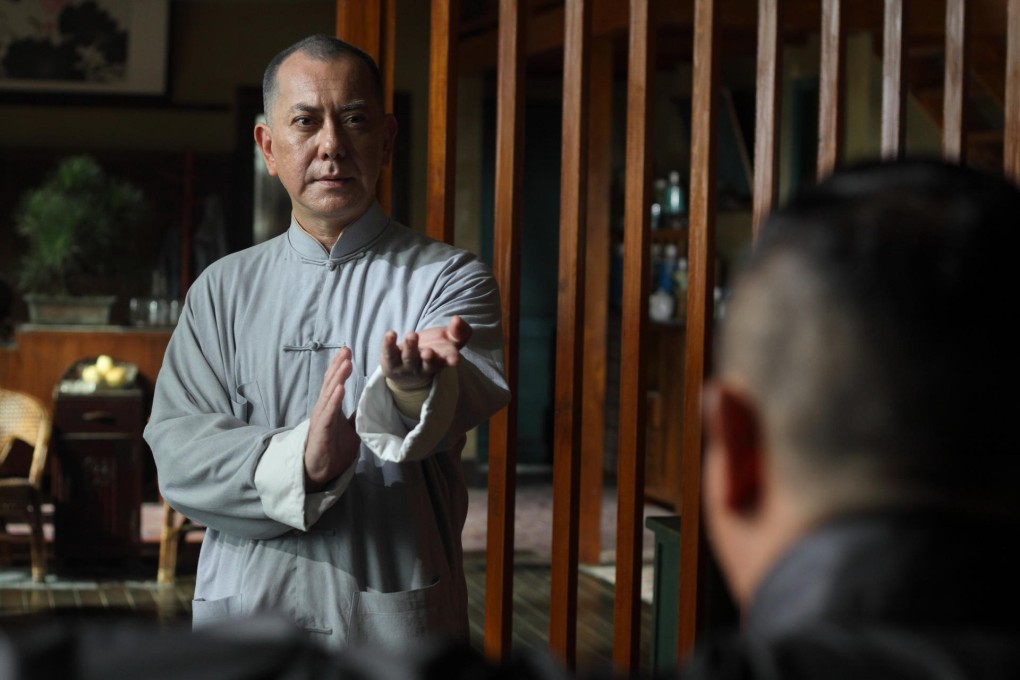Take 2: the remaking of celluloid city
Hong Kong may no longer be the capital of Asian film but it is building a new reputation based on quality, not quantity

Hong Kong cinema is either dead or has transformed itself into a sophisticated new creative powerhouse. It just depends on who you're talking to and how you define the terms to start with.
"I've been claiming that our cinema was dying for two decades, and I've always been criticised for saying it," says actor Anthony Wong Chau-sang, who has had a front-row view on the industry's rise and fall since the 1980s.
"The only thing that can keep Hong Kong cinema afloat is our cultural advantage - but who's going to watch our films today?" Wong asks. "We've lost the Japanese market, the Thai market and basically the entire Southeast Asian market. [It] has been a long time coming."
Hong Kong's film industry began to decline in the 1990s, with a gradual diminishing in prestige amid the rapid advancement of other national cinemas in the region - in both creative and technical accomplishments.
In 2011, Indian comedy 3 Idiots raked in over HK$20 million and the Taiwanese teen drama You Are the Apple of My Eye became Hong Kong's all-time highest-grossing Chinese-language film. Together with the recent South Korean film Cold Eyes - a remake of the local film Eye in the Sky (2007) - they provided evidence of the maturing, if not actually superior, production abilities of our neighbouring markets.
With no local cinema tycoons in sight and with the big investment resources of the mainland providing a handy lifeline, it's no wonder that all the major Hong Kong filmmakers at every level of the business are now working in China, says revered film critic Li Cheuk-to, who is also the Hong Kong International Film Festival's artistic director.